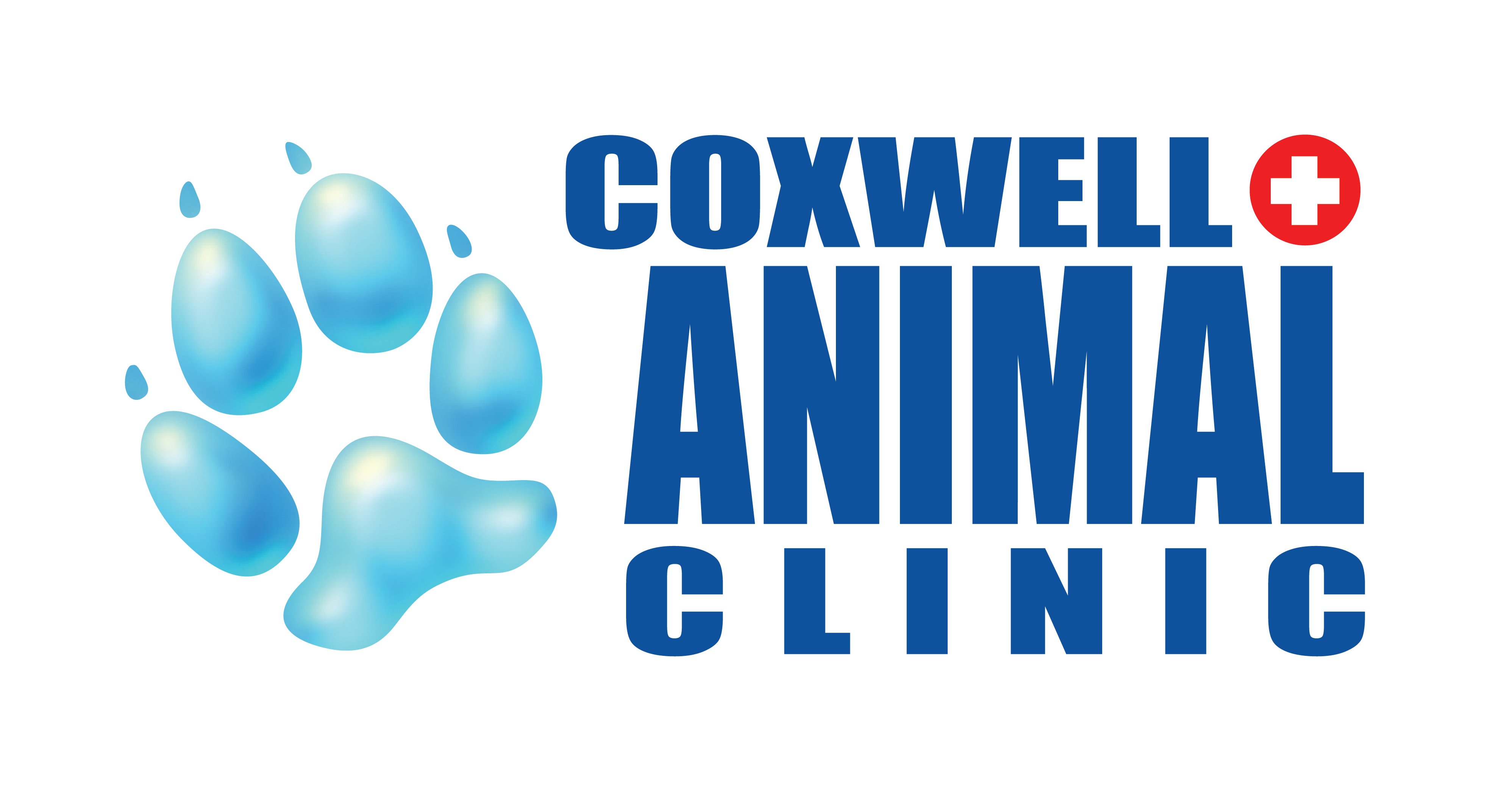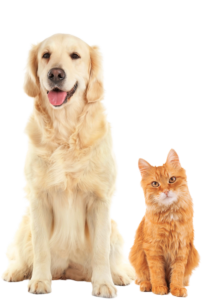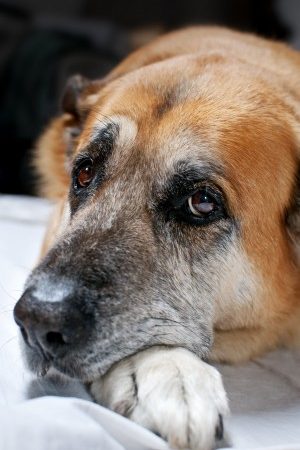One of the biggest problems we have in veterinary medicine is obesity. Many people show their love for their cats with food and treats not realizing they are in fact setting their cats up for serious health problems and pain. The number of calories your cat ingests is determined only by you and thus it is your responsibility to ensure they maintain an optimal weight so they can enjoy their lives to the fullest.
Is my cat fat?
Veterinarians use body condition score (BCS) criteria to classify each pet. Some of the criteria include being able to feel the ribs (but not see them), pinching in at the waist and tucking up under the belly. It is not just the BCS that is relevant to your veterinary team, the muscle condition score (MSC) is something else we measure to evaluate the health of your pet. It is crucial to maintain a good muscle condition score especially during weight loss.
How can my cat lose weight?
Cats can lose weight but it is difficult and requires commitment. It is important to ensure you are feeding your cat an appropriate amount of calories. It does not matter how great the food may be, your cat will gain weight if the caloric intake is high. Maintaining a high protein diet is also important to ensure the weight loss is from fat and not muscle. Often a canned diet over a dry diet can help to shed weight faster in cats. Keeping your cat active and mentally enriched will also help keep them from overeating due to boredom.
What is offered in nutritional consultation?
A nutrition consult will review your pet’s diet history, body condition score and muscle condition score. We will set a weight goal and customize a dietary plan that will help you and your pet achieve this goal.




